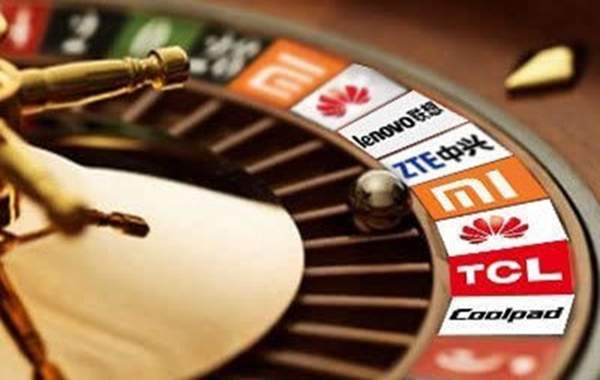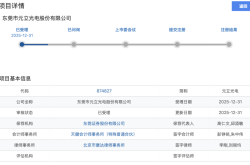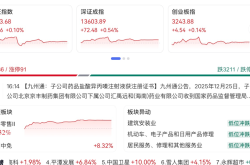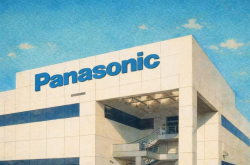iPhone16 doesn't increase price, domestic mobile phones are in trouble, which one to choose, market or profit?
![]() 09/09 2024
09/09 2024
![]() 631
631
The upcoming release of iPhone16 has prompted foreign media to report that Apple has decided to equip all models of the iPhone16 this year with the A18 processor, further upgrading features such as photography and storage. Despite rising costs, Apple has chosen not to increase the price, maintaining the starting price at 5999 yuan. This poses significant pressure on domestic mobile phone manufacturers.

It is reported that all models of the iPhone16 will be equipped with the A18 processor this year, but the basic model will not increase in price and will remain at a starting price of 5999 yuan. This is because Apple can afford the pressure of rising hardware costs. By retaining iPhone users, it can earn more profits through its services business, compensating for the losses incurred by the increase in hardware costs.
Apple has been striving to generate profits through its services business for several years, and today, the services business accounts for nearly 30% of its revenue, contributing over 50% of its profits. The profits generated by the services business have driven consecutive annual increases in Apple's profits, with the iPhone being the primary driver of growth in Apple's services business.
Although Apple now has multiple hardware products such as the iPad, Mac, and iWatch, the iPhone remains its largest source of revenue, accounting for approximately 50% of its hardware income. More importantly, Apple's services business primarily relies on iPhone users, as they are more willing to spend money on internet services.
Therefore, when iPhone sales decline, Apple quickly reduces the price of the iPhone. Due to insufficient innovation in last year's iPhone15, sales continuously declined. In March of this year, Apple reversed the sales decline by reducing the price of the iPhone15 by 1500 yuan. During the 618 shopping festival, the price was further reduced by 2350 yuan, helping the iPhone15 rank among the top three best-sellers during the event. This demonstrates that price reductions are indeed Apple's trump card.

In contrast, domestic mobile phone manufacturers generate relatively low income from internet services and rely heavily on hardware sales for profits. Currently, the prices of domestic flagship mobile phones are comparable to those of the iPhone15, but they still lag far behind Apple in the high-end market. However, with the rising prices of Qualcomm Snapdragon 8G4 and storage chips, any price increase by domestic mobile phones would risk losing market share to the iPhone16. Without a price increase, profits would be lower.
In fact, despite domestic mobile phone manufacturers claiming to have captured market share from Apple over the past year, Apple still dominates the high-end mobile phone market in China, holding over 50% of the share. Globally, Apple leads by a wide margin, holding over 60% of the market share, while Samsung holds 22%. Domestic mobile phone manufacturers each hold only single-digit market shares.
Under such circumstances, if domestic mobile phone manufacturers increase prices, they will face even greater difficulty competing with Apple in the high-end market. With a higher price, consumers are less likely to purchase domestic flagship mobile phones, given Apple's significant lead and brand appeal. In the high-end market, consumers will prioritize purchasing an iPhone.
In previous years, domestic mobile phone manufacturers frequently increased prices, aiming to reach the 6000 yuan price point. However, due to persistently low sales, the flagship mobile phones they launched last year finally fell below 4000 yuan, settling at 3999 yuan. This suggests that their previous price increases were unsuccessful, as consumers above the 4000 yuan price point tend to choose iPhones. If costs rise again and prices exceed 4000 yuan, domestic mobile phone manufacturers risk losing market share as before.

Domestic mobile phone manufacturers have been slow to respond to market pricing trends. During the 618 shopping festival this year, Apple significantly reduced prices, but domestic manufacturers did not follow suit. They also missed out on summer sales promotions by maintaining their prices. It wasn't until the end of August that domestic manufacturers realized they needed to reduce prices to avoid inventory buildup. They finally offered significant discounts of up to 1000 yuan, but unfortunately, the market had already been captured by Apple, and further price reductions were ineffective.







